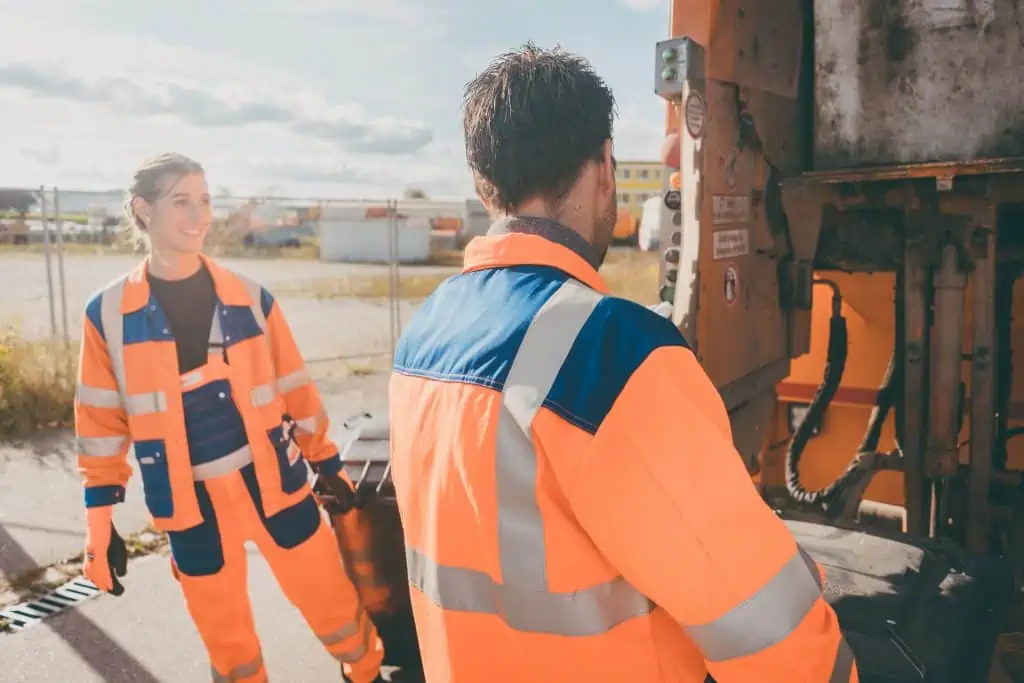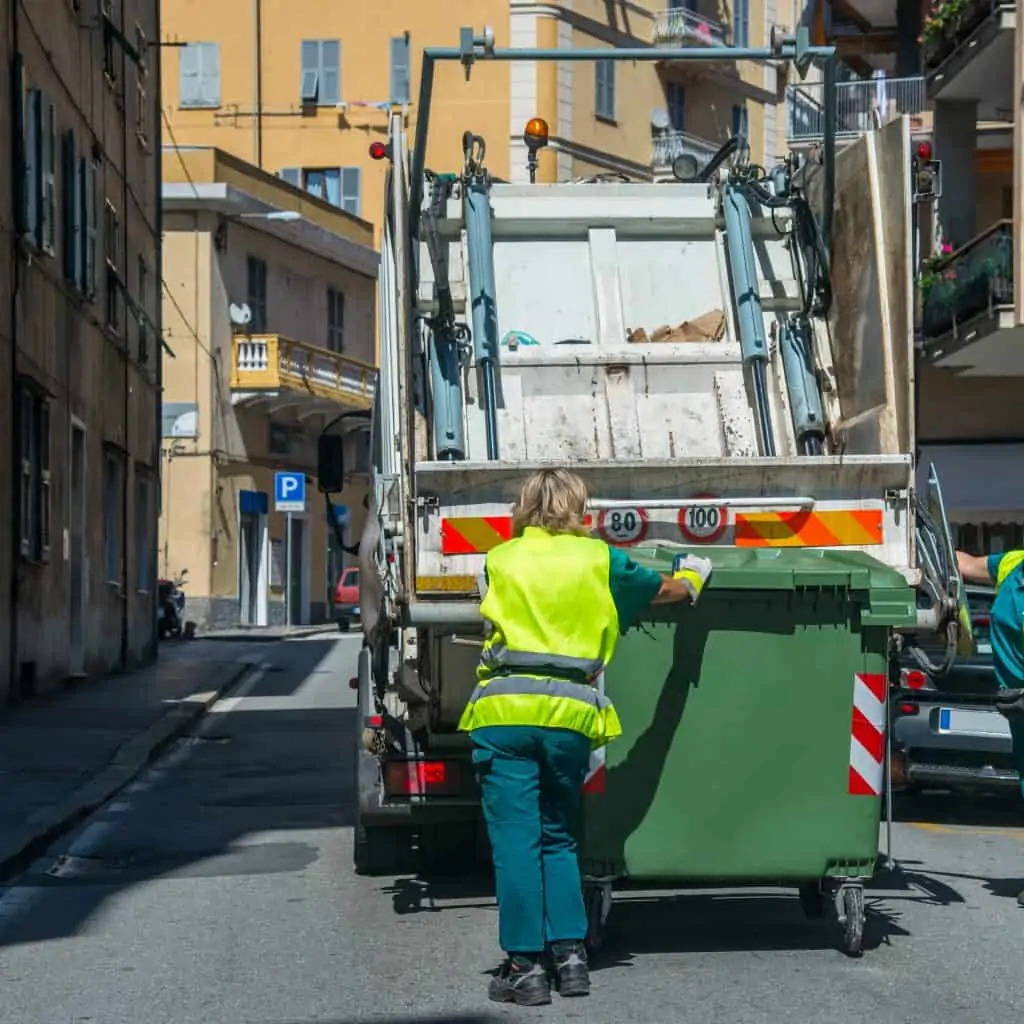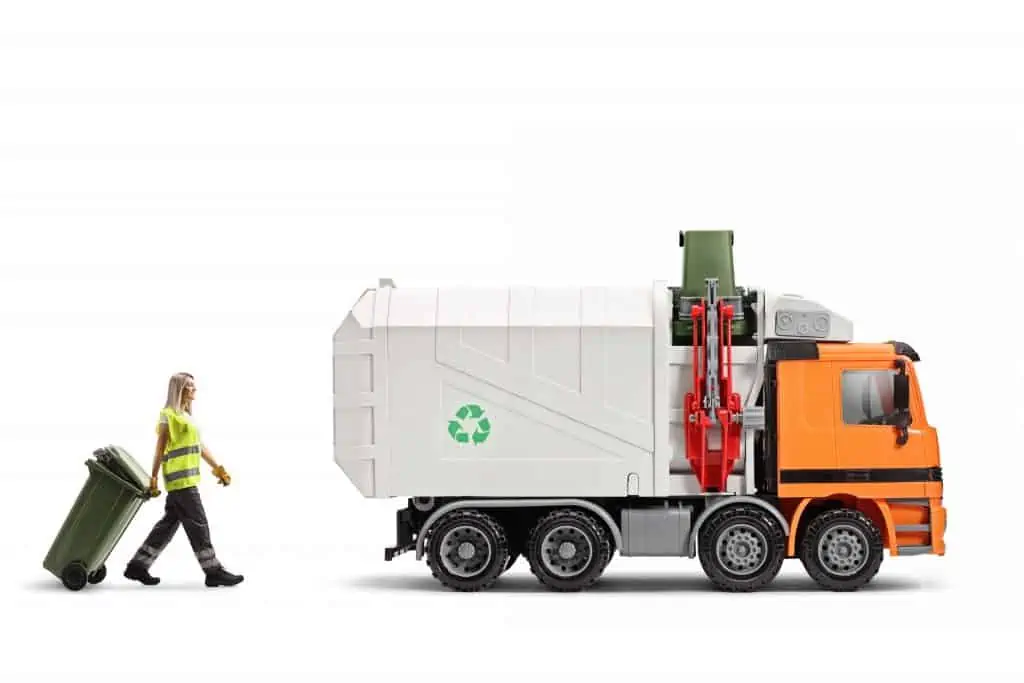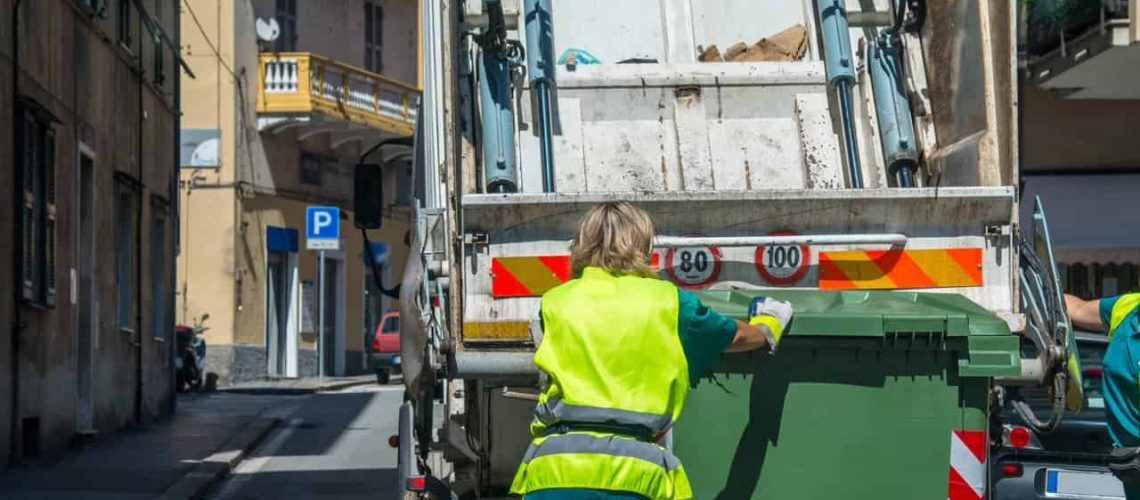These days, many industries have shifted large parts of their recruiting focus to promoting diversity and gender equality in the workplace. In some sectors, this approach has helped minorities and women find jobs.
However, efforts to foster diversity have fallen completely flat in industries that many consider “male-dominated.” Today, the women in waste and recycling industries make up a small portion of the workforce.
There are many complex reasons for this; however, researchers have noticed that women overwhelmingly do not search for jobs in male-dominated industries—even for careers they are interested in.
In large part, traditional recruiting processes are to blame. When recruiters post jobs in male-dominated industries on job boards, women do not seek them out. In reality, using traditional recruiting processes like job boards actually perpetuates gender inequality in sectors that women consider to be “male-dominated.” Fixing this issue will likely come down to using new technologies like AI to transform employee recruitment and bolster active outreach through social media outlets.
What are Male-Dominated Careers?

Even today, many industries are considered to be “male-dominated,” and despite attempts to change this, little progress has been made in sectors like the waste and recycling industry.
Male vs. female-dominated careers and what creates them are often based on the historical precedents surrounding the job and societal perceptions of an industry.
Historical Precedents of Male-Dominated Industries
Historically, jobs like military service, pilots, chefs, and waste and recycling industry were all at one point only allowed for men. In contrast, there are positions in industries such as nursing, teaching, and caregiving that have been “reserved” for women and excluded men. In many cases, the excuse given as to why women were not allowed to have these jobs was that they required certain attributes that only men were believed to have. Certain jobs were also considered to have disproportionately physically demanding tasks work for a woman.
Both men and women should be allowed to do any job. Yet, many industries have struggled to rebrand themselves away from the historical precedent that only men are suitable to work in them.
Effects of Societal Perceptions

In addition to historical precedent, societal perceptions of a job play a huge role in it becoming labeled as male-dominated. Even today, women are taught from a young age that they should not want to perform more physically enduring jobs.
The more concerning statistic is that women often do not seek out jobs male-dominated industries because they fear that they will not be comfortable working in that environment. Women are interested in engaging in positions but choose against it for fear that they will not belong. As will be seen with the waste and recycling industry example, much of this fear is actually a myth, and unfortunately, it is a myth that continues to be perpetuated due in large part to recruiting processes.
Women in Waste and Recycling Industry

Waste and recycling industries around the United States employ more than 528,000 employees. And yet, according to the US Bureau of Labor Stats and Census, in 2019, women in waste comprised a meagerly 17.3% of the Waste Management and Remediation workforce. In the last three years, this ratio of male-to-female sanitation workers has not budged.
Some researchers believe that the shockingly low numbers of women in environmental services are due to the societal perception that women lack the muscle and strength necessary to effectively perform the job.
This does have some historical precedent. In the past, there were only manual trash trucks. This means that all cans had to be manually picked up and unloaded into the back of trucks. As a result, many women decided against joining the environmental services industry. Automatic trash trucks are now used and upper body strength is no longer a necessary attribute for being a sanitation worker. Thus one perceived factor for why waste was male-dominated is no longer applicable.
Why do women overwhelmingly choose to not work in the environmental services industry even when interested? One of the main reasons is found in the recruiting process.
Diversity in Waste Industry Recruiting
One of the main reasons women continue to avoid seeking waste and recycling as a career is because the industry’s perception of being male-dominated skews its recruiting. Executives in the waste and recycling industry have admitted that much of their recruitment does not seek out women specifically. Because waste and recycling is a male-dominated industry, posting waste and recycling jobs on job boards overwhelmingly attracts men.
It is easy to argue that using something like a “job board” is a process that takes gender out of the recruiting equation. After all, job boards are public information that is available for all to see, regardless of gender. In theory, this should attract a much more equal proportion of men and women.
However, this is a false perception. Postings on job boards about waste and recycling do not attract women because of the aforementioned societal perception that jobs like waste and recycling are only for men.
On their own, women do not search for jobs that are perceived as male-dominated. For generations, women have been told that jobs like waste and recycling are solely for men, so they have extremely little impetus to seek these jobs out even when offered. So, when women see a career in an industry like waste and recycling on a job board or other site, they do not engage with it.
How to Solve the Problem of Women in Waste

Despite jobs in waste and recycling being prevalent on job boards that both men and women can see, 83% of sanitation workers are men. There has consistently been a problem recruiting women into the waste and recycling sector.
So, how does this problem get solved? Two possible solutions have emerged: AI recruiting and specifically female-targeted recruiting through avenues like social media.
AI Recruiting Helps Remove Unconscious Biases
Using AI recruiting tools can help prevent “unconscious bias.” Unconscious bias refers to choosing one group of candidates over another without intending to. Because current recruiting is based on opinions, employees are often targeted and hired based on some subconscious bias of the employer. This generally favors male candidates over female ones.
In the case of waste and recycling, current recruiting tools often include inconsistent definitions of job roles. For example, requirements that are not truly essential such as a certain amount of upper body strength, are much more prone to scaring off female candidates. In essence, females are often dissuaded from current waste and recycling recruitment because the language favors male candidates and unconsciously discourages women from applying.
Using an AI technology like Inflection Poynt can help by shifting recruitment into a purely data-driven model instead of an opinion-based one. AI software can be taught to ignore biases that traditionally prefer male candidates over women.
Active Social Media Outreach
Another possible solution is active outreach through platforms like social media. Inflection Poynt has had tremendous success attracting women to apply for jobs in more male-dominated industries through our active campaigns. As a result, we have seen more women hired in the waste and recycling industries.
By reaching out specifically to women on social media through campaigns and targeted ads, employers can demonstrate to women that the precedents that once held their industry to be male-dominated are false.
Recall that women don’t apply to waste and recycling on job boards because of its male-dominated perception. Teaching women that waste and recycling is a job that they can do just as well as any man through targeted advertising has the power to lessen the male-female divide in such industries.
Conclusion
Certain industries like waste and recycling have long been male-dominated because of their “dirty” nature or historical precedent. In many cases, these precedents are now no longer correct. This is especially true in waste and recycling, where any woman can perform just as well as any man.
Yet, waste and recycling workers are 83% male because traditional job postings and recruitments subconsciously favor them over women. Even though job boards should be a level playing field, many women are dissuaded from applying. This is because women see waste and recycling as a male-dominated industry.
Clearly, another solution is needed to fix this problem. AI recruiting has the power to help by removing subconscious biases that favor men over women in waste. Active social media outreach can help convince women that waste and recycling is not a male-dominated industry. Between these two strategies, significant progress can be made in diversifying the waste and recycling industry.



